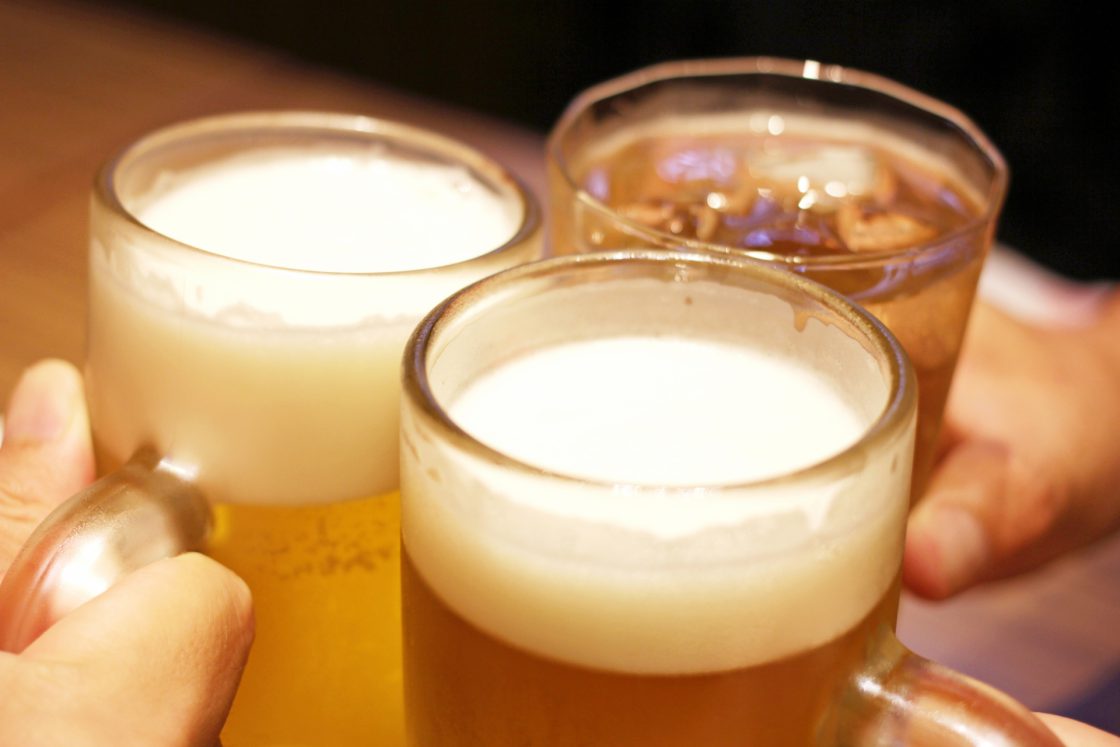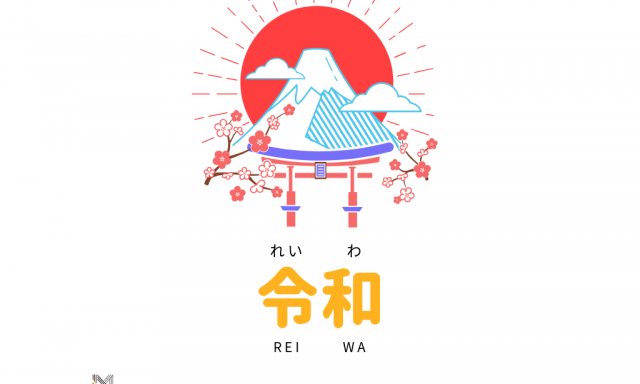Japanese Drinking Culture

| If you enjoy drinking, Japan might seem like a paradise. Alcohol is readily available at conveniences stores, grocery stores, and at specified vending machines. Many restaurants even offer unlimited drink courses. Drinking parties called nomikai or enkai are normal parts of social life in Japan and you are bound to be invited to at least one if not many during your time here. Here are the ins and outs of one of Japan’s longest running pastimes. |
Etiquette
When drinking with Japanese people there are a few important cultural norms that you should be aware of:
The invitation
If you are invited to go out drinking with a group of people from school or work, try not to turn down the offer unless you have a solid reason. If you already have plans and they can be changed, you might want to consider doing so. The invitation to such a gathering is a demonstration of a Japanese person’s desire to get to know you and include you in their group. Refusing might show that you are not interested in the group which might set negative precedence and possibly make it difficult to be invited in the future. If it is absolutely impossible to attend, no worries. Explain your reasoning simply and they will understand.
The first round
When it comes time to order drinks, it is best to order the same drink as the people around you. Beer and sake are the usual starters as they are easy for the restaurant or bar staff to prepare and your group can all have their drinks at the same time. If you do not drink alcohol, will be driving, or riding a bicycle, you may order other simple drinks like tea, juice, or a soft drink. After the first round, feel free to drink whatever you like and maybe try something new.
Don’t pour your own drinks
As a general rule, one should not fill their own glass when drinking with others. Instead, pour for the people around you and the favor will be returned. When you offer to pour somebody’s drink, they might act hesitant and turn it down a few times before apologizing and thanking you for pouring for them. This is a normal response. Don’t panic or think that you are forcing somebody to drink. This is just the Japanese way of being humble and polite.
Don’t drink before anybody else
In Japan, everything is done as a team. Drinking is no different. Before tossing back a few beers, it is important to wait for everybody to have a drink in hand and perform the group kampai before beginning.
When you’ve had enough
If you have had enough to drink it’s best to just leave your glass full instead of trying to refuse as an empty or half-full glass simply shows that you are still drinking and are ready for more. Drinking too much and losing control of yourself is not something that you want to do in Japan regardless of what the people around you are doing. Not only are you at risk of embarrassing yourself, but also the group you are with and this can have an impact on the relationships you have with those people. Have fun but not too much fun.
The Bill
When it comes time to pay the bill there are several ways in which this can be done:
When out with friends or co-workers
In many establishments, it is possible to have the bill split between everyone at the table. This is called betsu-betsu in Japanese. You may have to tell your server what you ordered or what you will pay for but this makes it easier to calculate what everybody owes. There are also many restaurants and bars at which it is not possible to split the bill. In this case, some math will need to be done at the table to figure out how much everyone needs to pitch in. In some cases, one person might foot the bill and ask for repayment later.
When drinking with the boss or a sempai
When drinking with a superior from the workplace such as your boss or sempai, they may pay the bill on your behalf. In some cases, they may ask for be paid back later. Whatever the case be humble and show gratitude with a gochisōsama deshita.
The Night’s Over… Or is it?
When the gathering is over, everybody might join in a final toast saying “otsukaresama deshita” to thank everybody for their time and energy. Most of the group will go home and rest but there might be some others who will go off to have a nijikai (second-party) or even a sanjikai (third-party). Your participation in these afterparties is completely up to you, but all the customs governing behavior at the first party still apply. Whatever you choose to do, have fun and be safe.





